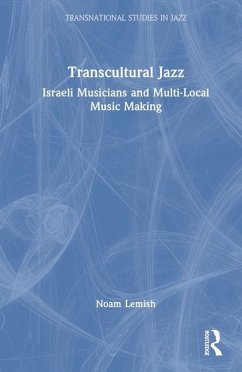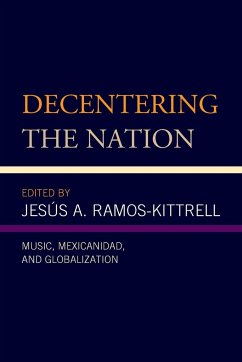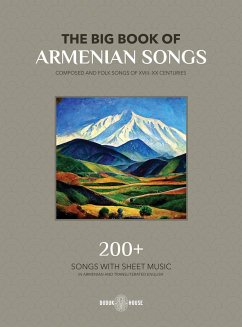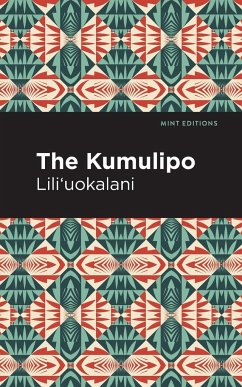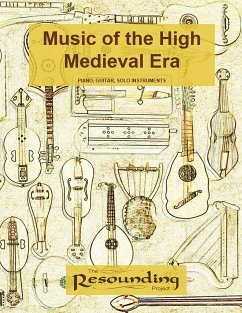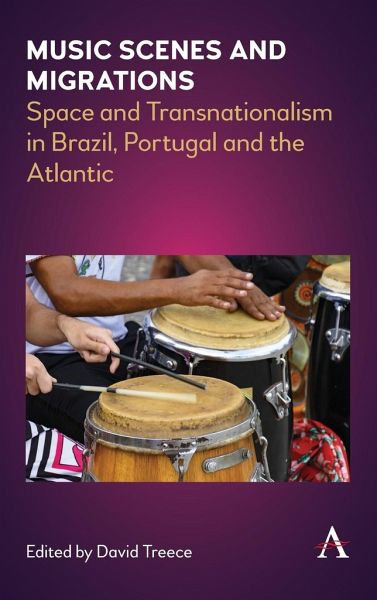
Music Scenes and Migrations
Space and Transnationalism in Brazil, Portugal and the Atlantic
Herausgeber: Treece, David
Versandkostenfrei!
Versandfertig in 1-2 Wochen
126,99 €
inkl. MwSt.
Weitere Ausgaben:

PAYBACK Punkte
63 °P sammeln!
'Music Scenes and Migrations' brings together new work from Brazilian and European scholars around the themes of musical place and transnationalism across the Atlantic triangle connecting Brazil, Africa and Europe, with particular attention to the role of the city in producing, signifying and mediating music-making in the colonial and post-colonial Portuguese-speaking world.






